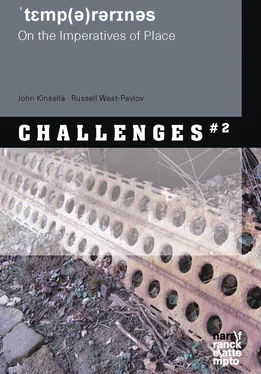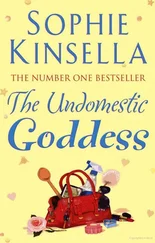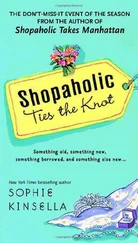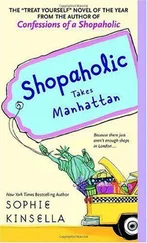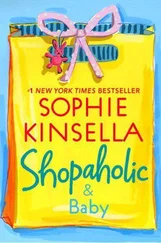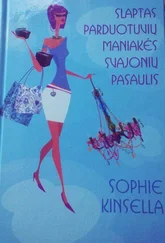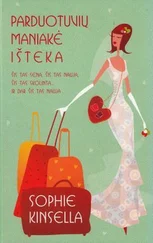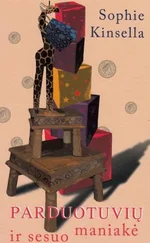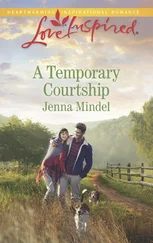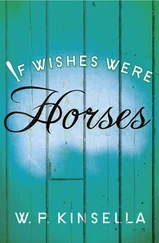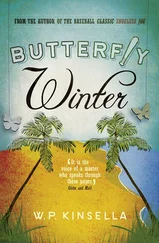Been inside all day due to weather. We are all in shock and traumatised by the horrendous attacks in Paris last night. How to talk and think and write about it? Our only avenues of coping. Will get outside tomorrow whatever the weather—need the air and the release.
Tracy and Tim are downstairs reading Jane Eyre aloud. They are about halfway through. We will see a National Theatre production of Jane Eyre in London (the slow journey to Cambridge/London and back) on the 28 thof December.
•
Wet day. Forgot to mention yesterday’s superb sunset. We watched it from behind Mt Gabriel as it orange-lit and conflated the edges of the hills and mountains. It burnished the eastern side of Barnancleeve Gap an amber-orange. Unforgettable.
•
Did a very wet walk up Ardmanagh and along the mountain loop. A small dog barked at me from behind a ditch and as I walked—ignoring it so as not to draw it out onto the roads—I heard the tell-tale pitter-patter of a following dog. I looked around and it stood and pricked up its ears and tilted its head and gave me that ‘you’re who I am befriending’ look other walkers are likely familiar with. I knew then it would persist in following me. A Beagle-Jack Russell cross. Following me slightly to the left, about two or three metres astern. I turned and told it to go home and stop following lest it get hit by a car. But its pursuit was committed as we continued between the hedgerows, negotiating puddles and the steaming macadam. For a moment I thought it had turned back or diverted through a gate into a field, but it was soon back at my heels.
Eventually I passed a house where a miniature dog trotted down and growled at my new companion, setting off an exchange that quickly made me redundant. The dogs seemed to know each other. I am guessing it went safely home, each of us with a new sense of mapping, a different way of setting our co-ordinates as we experience place. It’s easy to become one’s own set of reference points in understanding a locale one is walking through—all else out there mediated through one’s experience of passing through, of noting and recording. The solitary walker is never actually solitary, though it’s easy to forget this.
•
Yesterday morning Tracy drew my attention to a chiffchaff in the (bare) bushes outside the kitchen window. Very exciting—tiny ball-shaped bird (like an Australian weebill in size). They are rare here at this time of year though some do winter on the southern coast of Ireland, especially in Cork.
25/11/2015 Rosewood
Fine, clear day. A good day in a difficult, compromised and grim world. As the conflicts between religions, sects, nations, and individuals grips the planet, it is hard to find purpose in the quotidian. But ‘nature’ deserves reverence and I hope I can always remember that the ‘outside human’ is a vital and resistant massiveness, outside the thanatos that has us all in its thrall.
I so enjoyed Tracy’s company as we visited the heights on the west side above Barleycove Beach—the causeway still closed due to storm damage and the beach itself difficult to access. And then we went to Bantry to pick up some stuff from the health-food shop. The whole region was blown through with a glorious light and the locals were full of it. Something reached into most people here and Tim came home from school full of the joy of the day.
This is a resistance to the dismal death-wish that has stifled human creativity in so many places (a death-wish that often has complex and co-determinate origins, but also one exploited by power-players in the jigsaw puzzle on inequality, privilege and control). I refuse to be crushed by their negativity but I will never pretend it is not there.
The activism of poetry is manifold—I believe in direct pacifist applications to create possibilities for positive change, but I also increasingly believe in the (poet’s) efficacy of practice and existence in that the process of making and experiencing poems is essentially generative and life-affirming, whatever the ‘intention’ of the poet. Even those poems that claim or affirm negative or oppressive aspects read beyond their limitations (e.g. pro-war poems) through the belief that the act (of poetry) can be ‘potent’ and restorative—that something exists beyond the material or even the notion of spiritual reward. The collating of words/sound/sight is the ‘6 th’ estate—the generative composition. I am saying (also) that the desire to express beliefs (whatever they are) in figurative language likely indicates at least a subliminal ‘hope’ (vestigial that it might be!) that oppression is the antithesis of the poetic act. Even if we consider manifestations of State-driven poetry such as patriotic verse, or that registering a noblesse oblige piety, or even, say, poetry celebrating ‘the hunt’, there’s probably an intrinsic quality to the act of writing poetry that reveals other, often contradictory to the ‘message’, desires regarding how we might (de)read (as in Illich’s ‘de-schooling’)—that the act of poetry goes beyond the intention and subverts the (conservative) propaganda of the ‘poem itself’. That is, the poem itself generates new meanings that allow the writers and readers, the speakers and listeners, to move outside the limited scope of their original desire and purpose (and patterning). Poetry can free the poet and the listener/reader from the prejudices that inscribe acts of writing and hearing/reading. Poetry, in a sense, drives itself against thanatos, against the death cult of language.
JK
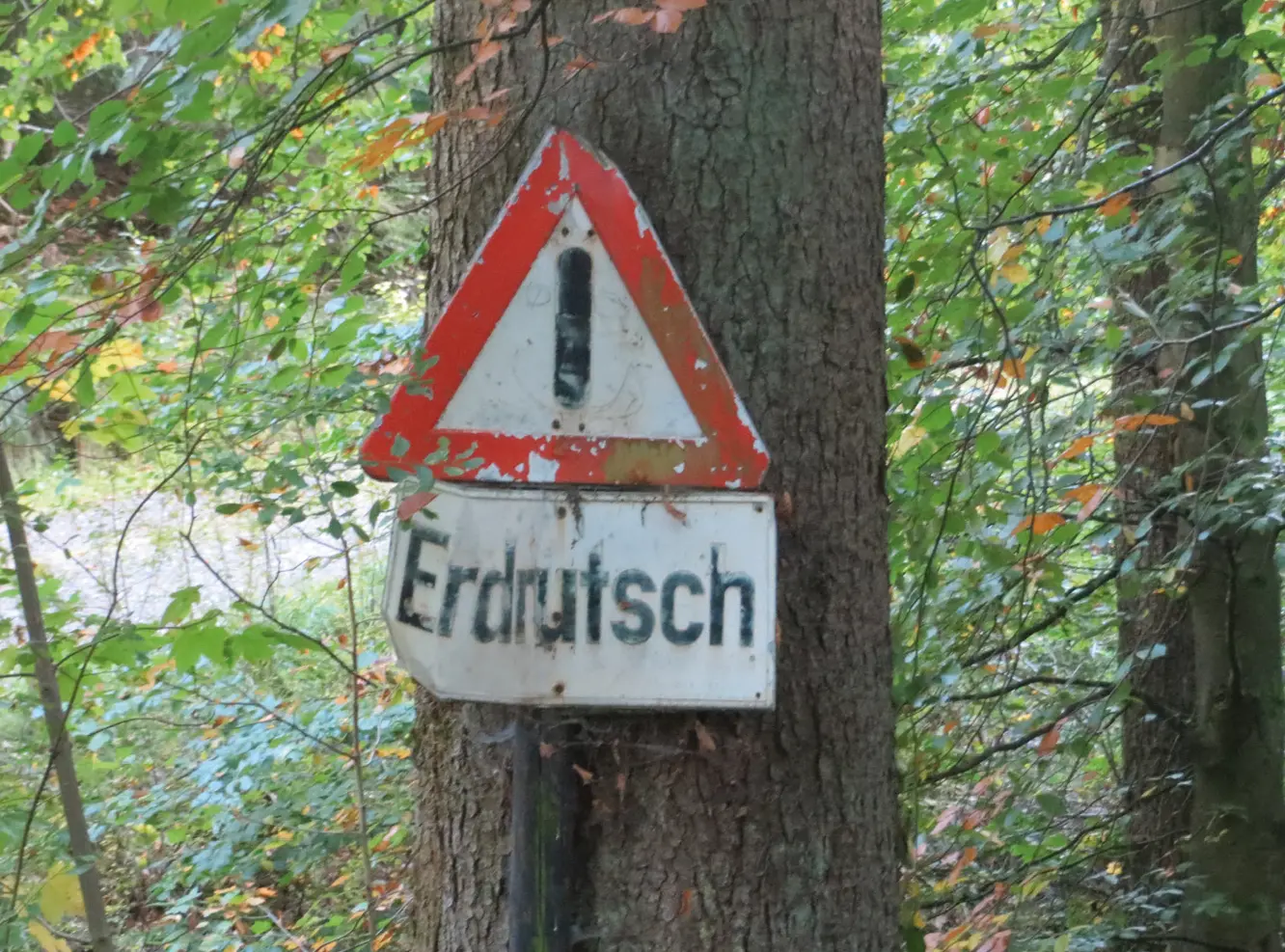
A poem is a way of framing a relationship to reality. It articulates something that connects a writing entity to the world. To the extent that it articulates, it gives verbal expression to a position between other entities or spaces. It is a relational act. It is transformative. In articulating the way in which I am connected to other entities, I render explicit a relationship, or even a set of relationships, which having been allowed to advance out of a previous state of latency, now take effect in new and unexpected ways. They in turn inflect my own ongoing practices, one of them being the act of articulating myself and my place in the environment via poetic enunciation. The poem has an existential, ontological value which is condensed and clarified in ways they are not as starkly clear in other literary genres. One might call it a statement, but this flattens the poem down to a linguistic thesis, whereas it is a way of bodying forth a relation in order to position oneself actively, perhaps even thereby repositioning oneself, within that relationship. It is a way of situating oneself deliberately and consciously within ‘the Open’ (Rilke 1978: 71)—a necessary and transformative act because we are usually situated, by default, within a grid of losses and gains which rules our ordinary reality according to the regulations of economics.
A poem is a deliberate decision to eschew the monumental, the monographic, the ‘Bestandsaufnahme’, the ‘state of the art’, the monolithic summary of knowledge. Rather, it might be understood as an attempt to articulate or a moment of being, even to bring it into being via the incantatory work of language. The poem is not an effort to capture a moment of being (seizure of course indexing a mode of possession), nor to lay it bare (which in turn assumes the pre-existent nature of the fleeting, temporary moment, and the reflective nature of language). Both of these fallacies, however, point heuristically towards the real work of language.
Читать дальше
